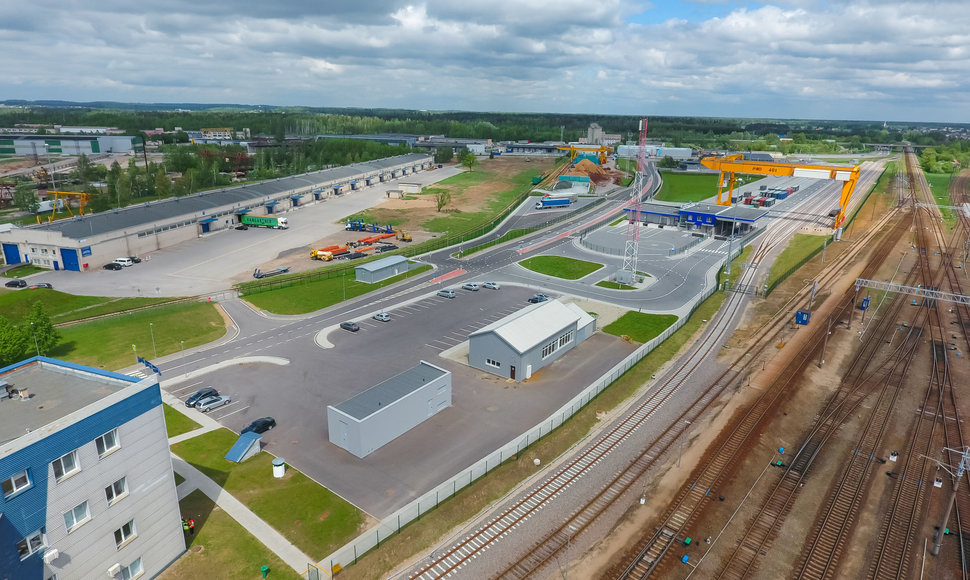“Lithuania will find itself in a very convenient place between Asia and Europe where two railway standards will converge. We will be at a point where it will be very easy to develop processing production – transforming commodities into products with added value and present them to final users, that’s the aim of eve economy. Already now, our geographic position is favourable and upon implementing the strategic project Rail Baltica, we will become even more competitive,” G. Valuckas assures.
According to the head of LAFEZ, already now, 85% of companies operating in FEZ territories are factories, most being leaders in their domains who chose Lithuania not only due to its favourable economic conditions but also due to its geographic position. From here, both suppliers and markets where production is distributed are within reach.
“Supply chains are crucial for manufacturing companies, seeking to ensure that logistics would be as simple as possible and we must simply make use of it. Already now, Lithuania is fairly easy to reach from Asia by railway, there is an ice-free port in Klaipėda, Europe is within fairly easy reach by truck and upon Rail Baltica being laid down, cargo transportation in this direction will be facilitated even further,” G. Valuckas says.
Looking from the perspective of today, Rail Baltica investors will be drawn not only to the cargo transportation artery but also by various other reasons.
First of all, the railway is held to be one of the most ecological means of transportation and this is important to numerous companies found in FEZs.
“In Lithuania, we might not place much emphasis on it yet, but progressive international companies find ecology to be a crucial factor. And the fact that cargo can be transported between Lithuania and Europe will be a key argument for investment to choose Lithuania,” the head of LAFEZ explains.
Also, Rail Baltica is important as a means of travelling. According to G. Valuckas, by no means is it that Lithuania is within convenient reach from all cities in Europe, particularly now, in the midst of the pandemic. Thus, the railway will be an excellent means for specialists to arrive when they need to physically visit factories.
Currently, there are seven free economic zones in Lithuania. Rail Baltica will be especially convenient to use for companies in the Kaunas and Panevėžys FEZs, with them being in close proximity to the new railway, while from the other FEZs, Rail Baltica will be within easy reach by truck, while from, for example, Klaipėda FEZ, it will also be within reach by rail.
Rail Baltica is the largest railway infrastructure project in the Baltic States’ history. Ove its implementation, an electrified European-gauge railway line will be laid down across the entire Rail Baltica route, ranging from Warsaw through Kaunas to Riga and Tallinn. As per the Rail Baltica project parameters, passenger rail traffic could reach a potential speed of up to 249 km/h, while freight train traffic – 120 km/h.
The combined length of the Rail Baltica railway line in the Baltic States reaches 870 km: 392 km in Lithuania, 265 km in Latvia and 213 km in Estonia.
The project’s construction work, which is expected to be valued at 5.8 billion euro, is the largest investment aimed at improving mobility and travel opportunities, developing business, tourism and goods exchanges in the region. LTG Infra has been tasked with the implementation of the Rail Baltica project in Lithuania.












